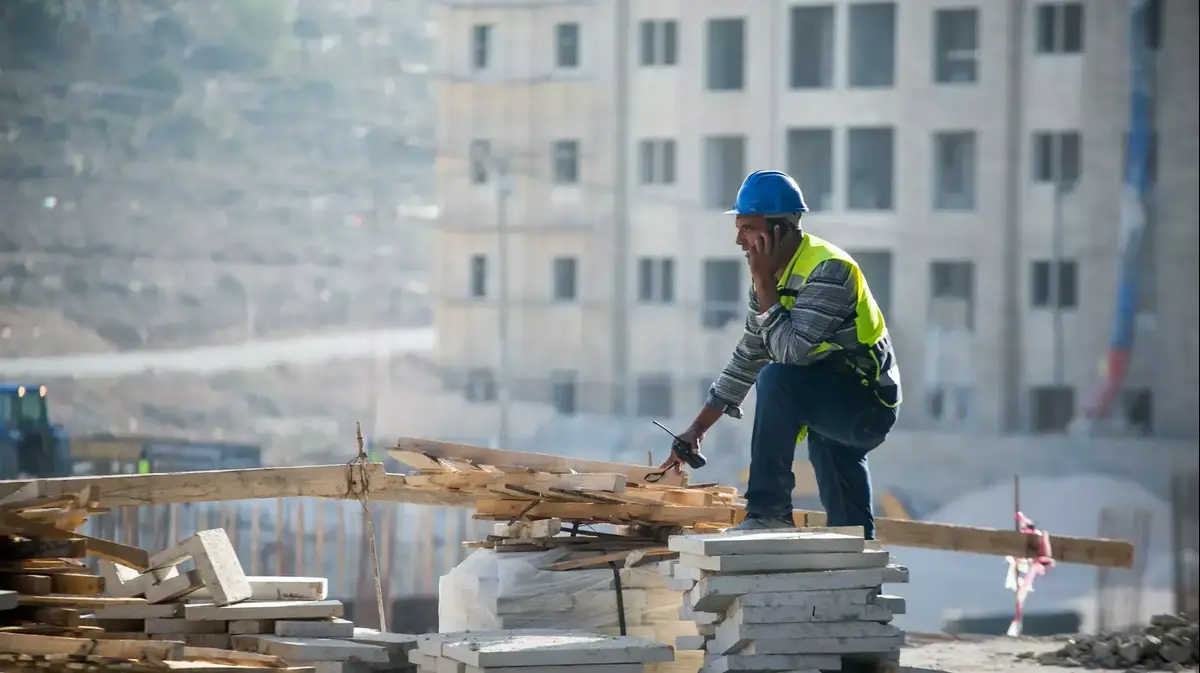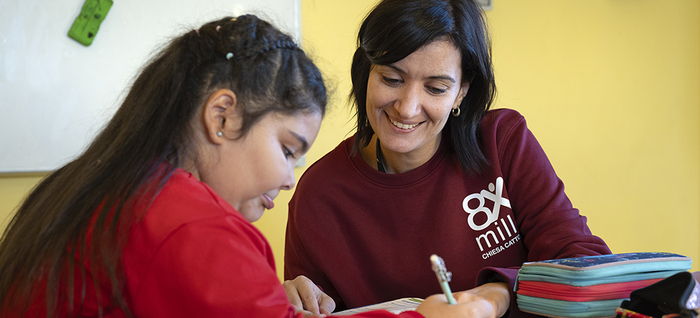Enlarge image
Gasoline is scarce in Sri Lanka
Photo: KIM KYUNG-HOON / REUTERS
For the time being, the bankrupt island state of Sri Lanka is not receiving any help from the International Monetary Fund to overcome the worst economic crisis in decades.
An agreement with the IMF on an aid package has been postponed until September because of recent protests by government opponents, Sri Lanka's new President Ranil Wickremesinghe said in his first speech since being elected by parliament on July 20.
Wickremesinghe was quoted as saying on Sunday that he had hoped to reach an agreement as early as the first week of August.
Due to a lack of currency reserves, India's southern neighbor became insolvent for the first time in May.
The island nation, which has $51 billion in foreign debt, lacks the money to import essential goods such as fuel, medicines and gas for cooking.
Food prices have risen sharply, according to official figures, inflation is now over 60 percent.
Two weeks ago, the previous president, Gotabaya Rajapaksa, fled to Singapore after months of mass protests.
Angry about the desolate economic situation, protesters stormed his official residence and occupied several government buildings.
Since these events, the talks with the IMF, which he started in May as prime minister and finance minister, have made no progress, Wickremesinghe said.
No sooner had he been sworn in as the new president than he had the protest camp broken up by force.
At least a dozen ringleaders have since been arrested.
Blaming the former leadership would not solve the problems, said Wickremesinghe, who was prime minister on six occasions.
In his speech, he called for the formation of an all-party government.
Wickremesinghe is unpopular because he is backed by MPs backed by ex-President Rajapaksa's powerful family.
While he blamed the consequences of the corona pandemic for the crisis, experts also cited economic mismanagement.
In 2019, for example, Rajapaksa deprived the state of much-needed revenue through repeated tax cuts, wrote former World Bank economist Kaushik Basu in the Sri Lankan newspaper The Times.
Then, when the lack of foreign exchange reserves became a serious problem in early 2021, the government tried to contain it by banning imports of chemical fertilizers.
Farmers should use local organic fertilizer instead.
The result was massive crop failures.
From then on, Sri Lanka had to import food, which exacerbated the shortage of foreign exchange.
Talal Rafi, a member of a network of experts at the World Economic Forum, wrote in The Diplomat magazine that the many state-owned companies that are accumulating massive losses are also a major problem.
86 percent of tax revenues in 2021 were spent on salaries in the public sector.
Added to this would be the debt of these companies, which rose to nine percent of Sri Lanka's economic output in 2020.
The new government under Wickremesinghe is now not only hoping for help from the IMF in the near future, but also from the important creditor China.
Critics are already warning of a Chinese “debt trap”.
In addition to airports, roads and railway lines, the huge empire in Sri Lanka also financed the port of Hambantota and leased it for 99 years.
A Chinese spy ship is expected there on August 11th.
India fears that the port of Beijing could serve as a military base in the future, Sri Lankan TV channel News First reported.
dop/dpa









